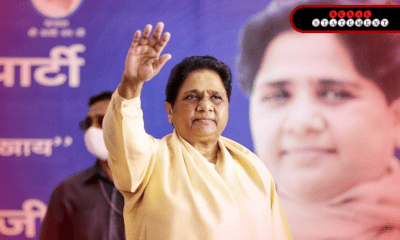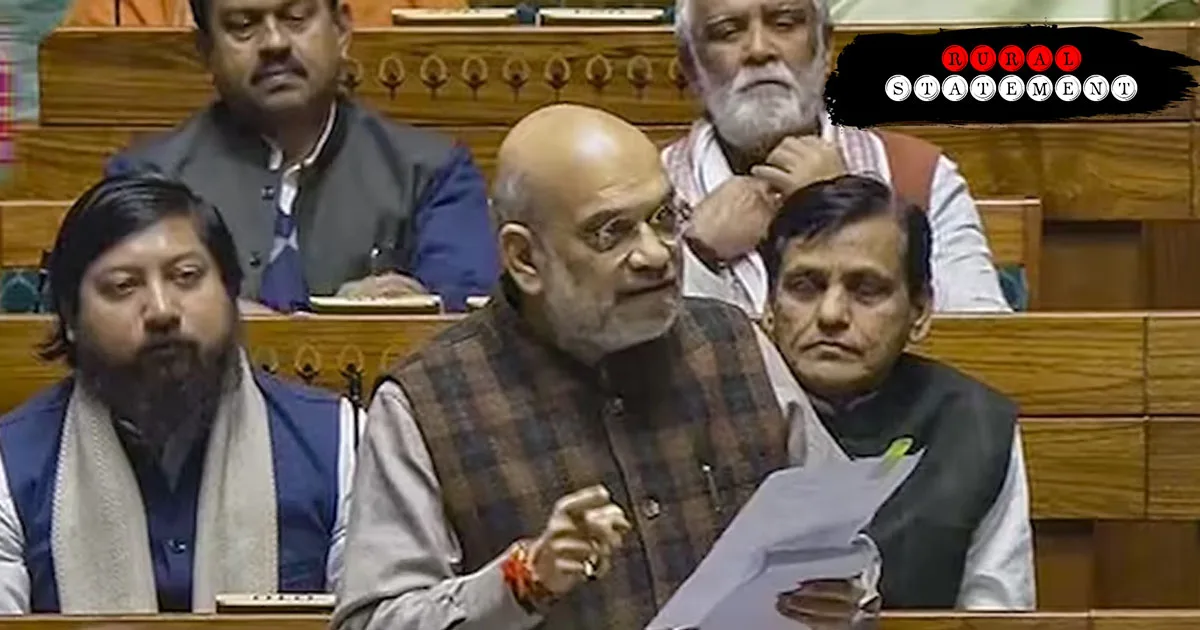INDIA
Lok Sabha Passes Three Criminal Law Bills Amid Suspension of 97 MPs

In a surprising twist of parliamentary proceedings, the Lok Sabha recently passed three significant criminal law bills despite the absence of 97 suspended Members of Parliament. The controversial move has sparked debates and raised questions about the ethical implications of legislative actions taken in the absence of a substantial portion of elected representatives.
The bills, aimed at addressing various aspects of criminal law and justice, were tabled and debated in the Lok Sabha during a session marked by the suspension of 97 MPs for alleged misconduct and disruptions. The absence of these members, representing diverse political ideologies, has drawn criticism from some quarters, suggesting that the passage of such crucial legislation should ideally involve the active participation of all elected representatives.
While the bills themselves focus on issues ranging from legal reforms to the enhancement of law enforcement capabilities, the procedural aspects of their passage have become the center of attention. Critics argue that the suspension of a significant number of MPs raises concerns about the democratic process and the representation of diverse perspectives in crucial legislative decisions.
Supporters of the bills, however, contend that the pressing nature of the proposed legal changes justified their expedited consideration. They emphasize the importance of addressing gaps in the criminal justice system and argue that the bills were thoroughly debated by the present members before being put to a vote.
As the controversial legislative move continues to reverberate through political circles and public discourse, attention is now turning to the implications of these bills on the legal landscape and whether the absence of a substantial number of MPs will have any bearing on their implementation and effectiveness.
The events in the Lok Sabha highlight the delicate balance between parliamentary efficiency and democratic principles, prompting a reexamination of the mechanisms in place to ensure comprehensive representation and debate, even in the face of parliamentary disruptions.








